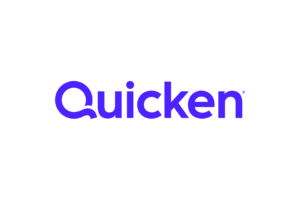Advantages of Apartment Management Software

Convenience and Compatibility
Managing rental units means you handle two sets of numbers for your income, expenses and tax deductions. Instead of using multiple and incompatible software programs, a single apartment management package can bring together your rental business and individual financial information. Apps for smartphones and tablets also mean this streamlined information can go to several different platforms, accessible via the Internet, as long as the software is fairly recent and updated as needed. “A landlord can log in from anywhere,” comments Joe Sidebotham, a sales rep for AppFolio, one of many vendors in the field.
Keeping Track
Apartment landlords have a lot of information to keep track of. Tenants move in and out, prospects call in for showings and rent payments arrive every month. Apartment management software stores all this data and makes it readily available, allowing a landlord to dispense with the easily disorganized paper clutter. The software can also store details on lease terms, security deposits, overdue payments and routine costs: utility payments, repairs, maintenance, inspection fees, licenses and insurance. When properly used, such software helps apartment owners avoid the extra costs associated with their own late or missed payments.
Budgeting and Finances
If you’re a landlord with other businesses to run, you’ve probably got some accounting issues on your hands. Not only can apartment management software integrate a single budget covering all your properties, by generating easy-to-use charts, it allows you to track the income and outgo in individual buildings and bring that financial data upstream with your personal finances. Cash flow statements, for example, can show where you may be losing money on specific buildings or units and provide direction on whether to pursue a sale or take corrective action.
Organization Come Tax Time
Apartment software can lend a hand with personal, property and business taxes. The Internal Revenue Service allows multi-unit rentals business deductions, including maintenance costs, insurance premiums and labor costs. If a landlord is using a home office to manage a building, the home office deduction might also be available. The software should be able to export this data to tax forms or create the tax forms (including Schedule C for Profit and Loss from Business, and Schedule E, Supplemental Income from Rental Real Estate). In addition, a landlord — or any self-employed individual — should be able to use it to estimate quarterly estimated tax payments
Getting the Word Out
Some versions of apartment software may also help with the marketing side of the business. If your buildings and units appear on a personal or business website, the software can post updated vacancies to the site and accept email inquiries from prospects. The software may come with some web templates to use and also assist by generating standard marketing material, including ads, fliers, business cards, letterhead and brochures.
Quicken has made the material on this blog available for informational purposes only. Use of this website constitutes agreement to our Terms of Use and Privacy Policy. Quicken does not offer advisory or brokerage services, does not recommend the purchase or sale of any particular securities or other investments, and does not offer tax advice. For any such advice, please consult a professional.


